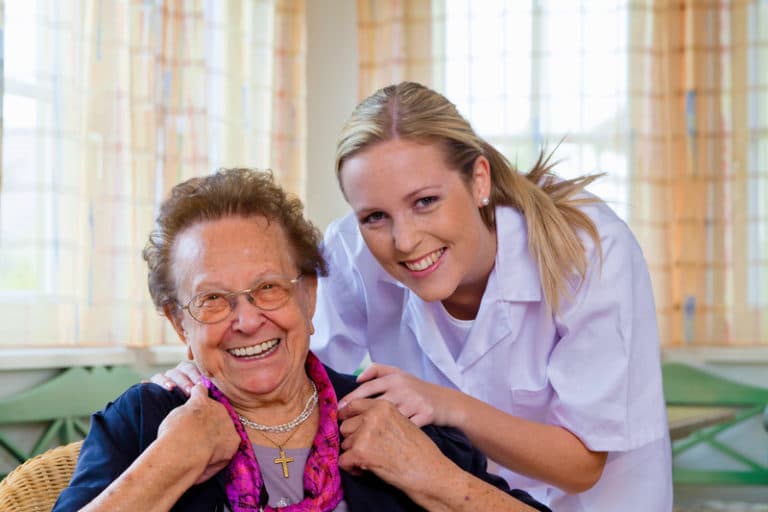Public and private agencies offer a variety of home care services that may be available to you, including the following:
- Home health care, either part-time or 24-hour care
- Personal care and homemaking services, such as shopping, cooking and cleaning
- Services delivered to the home, such as meals programs, transportation and home repair
- Adult day care centers that offer more intensive services than senior centers. There are more than 2,000 such centers around the nation and they are usually affiliated with churches or non-profit community agencies.
- Money management
- Respite services. These programs provide caretakers with a periodic break. A home care professional or aide substitutes for the caretaker for a specified period of time.
Medicare and Medicaid provide some coverage of the medical portion of home health care. Although the coverage is often inadequate, when combined with other resources available to the older person and his or her family, it may be enough to keep a fragile older person at home for a longer period of time. For an explanation of the coverage of home health care available under Medicare, click here. Recognizing that home care can cost far less than nursing home care, a growing number of states are providing services to those who remain in their homes, but Medicaid home care services vary widely from state to state.
There are thousands of private home care agencies around the nation. About half of these are Medicare or Medicaid certified agencies, meaning that these two federal programs will reimburse for services provided by the agency if the services are covered. Such certification also means that the agency has met certain minimum federal standards regarding patient care and finances. Home care agencies can also gain accreditation from private accrediting organizations. The three major accrediting groups for home care agencies are the Community Health Accreditation Program; the Joint Commission on Accreditation of Healthcare Organizations; and the National Association for Home Care & Hospice.
Non-medical services are also available to help older persons remain independent. The Older Americans Act funds more than 10,000 senior centers and gives grants to state and Area Agencies on Aging to provide services to seniors that include Meals-on-Wheels, transportation, respite care, housekeeping and personal care, money management, and shopping. Services are usually free but staffing may be limited.
To find Area Agencies on Aging programs across the country, visit the Eldercare Locator Web site at http://www.eldercare.gov or call the nationwide, toll-free Eldercare Locator at 1-800-677-1116. In many cases, these agencies may offer case management and coordination services as well.
The profession of “private geriatric care manager” has evolved to help coordinate services for seniors. Private geriatric care managers usually have a background in either social work, nursing, or psychology and are experts in helping older persons and their families make arrangements for various kinds of long-term health care. These care managers evaluate an older person’s needs, review the options available, and monitor care once it is being delivered. To find a geriatric care manager in your area, visit the Web site of Aging Life Care Association (formerly the National Association of Professional Geriatric Care Managers) at http://www.aginglifecare.org.
Other helpful articles:
Checklist on Hiring a Home Care Provider
Hiring a Caregiver: Should You Employ One Yourself or Go Through an Agency?
Additional resources
Web sites
AARP: Needs Assessment Checklists
American Geriatrics Society: Eldercare at Home
Family CaregiverAlliance: Hiring In-Home Help
National Institute on Aging: There’s No Place Like Home – For Growing Old
Mayo Clinic: Home Care Services: Questions to Ask
Veterans Administration: Aide and Attendant Benefit
NHPCO: Caregiving
Books:
ElderCare 911: The Caregiver’s Complete Handbook for Making Decisions, S. Beerman, MS, MSW and J. Rappaport-Musson, CSA (2008, Prometheus Books)
How to Care for Aging Parents, Virginia Morris (2004, Workman Publishing)







